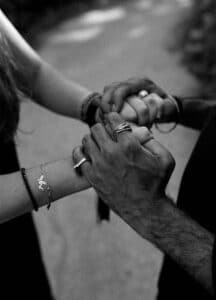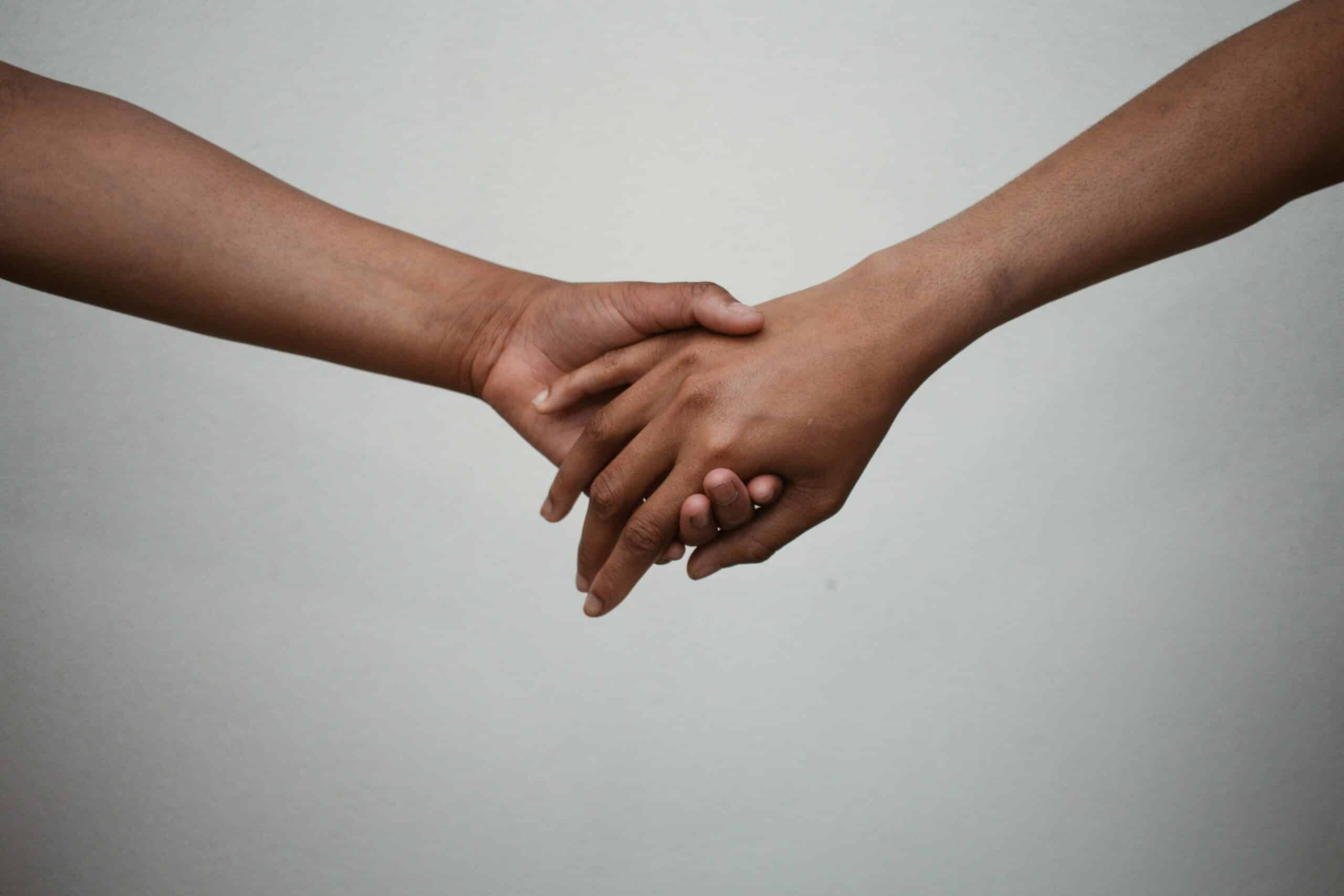The impact of addiction on intimate relationships is devastating. Addicts often damage the trust and connections they have with their partners, leading to a breakdown in communication. The hurt can be deep and long-lasting, making it difficult for these relationships to recover without professional support or resources.
Fortunately, many reputable addiction treatment centers are helping couples heal from their unhealthy dynamic by offering specialized services such as evidence-based individual therapy for addicts and supportive counseling for non-addicted partners. By providing this crucial aid to those affected by substance abuse problems, these centers help restore disrupted connections between both lovers—leading to more fulfilling partnerships that can withstand even the toughest challenges life throws at them.
Understanding Addiction and Its Impact on Relationships
The damage caused by addiction can take many forms, harming physical and emotional health, finances, and more. For those in relationships with someone struggling with addiction, it can be difficult to offer support and encouragement without falling into enabling behaviors.
Understanding addiction and its impact on relationships is critical for anyone seeking help. By learning about addiction, its symptoms, and how to support those struggling with the disease, individuals can offer compassionate and effective support that can help improve the chances of recovery.
Resources Offered by Treatment Centers for Partners

Partners play a crucial role in supporting individuals who are battling addiction, and treatment centers understand the importance of offering resources to help partners throughout the recovery process. Many treatment centers offer couples therapy, educational groups, and individual counseling sessions specifically tailored to partners.
These resources allow partners to learn how to communicate more effectively, set appropriate boundaries, and provide support without enabling negative behaviors. Additionally, some treatment centers provide family therapy to address underlying issues in the family dynamic that may have contributed to the addiction. By offering these resources, treatment centers seek to empower partners to play an active role in the recovery process and build healthier relationships.
Education and Support Groups to Help Partners Heal from Trauma
Partnering with someone who has experienced trauma can be a challenging journey. However, it is possible for partners to heal and grow together. Education and support groups can be valuable resources in this process. By educating oneself on the effects of trauma, a partner can better understand and empathize with their loved one.
Support groups can provide a safe space for partners to share their experiences and connect with others going through a similar journey. Through education and support, partners can work together to heal and build a stronger relationship. It takes effort and patience, but with the right tools, healing, and growth are possible.
Different Types of Therapy Options to Help Restore the Relationship
Therapy can be an effective way to restore the bond and intimacy in a relationship. There are various types of therapy options that couples can explore to work on their issues. One such option is cognitive-behavioral therapy, where the therapist helps couples identify negative patterns of behavior and teaches them how to replace them with more positive ones.
Another option is emotion-focused therapy, which aims to help couples connect on a deeper emotional level. This type of therapy allows couples to better understand their emotions and learn how to express them in a healthy way. Whatever the mode of therapy, the goal is to help couples rebuild their relationship and foster a strong connection that helps them navigate the ups and downs of life together.
Contact Evolve Indy Today
If you or someone you love is affected by addiction, contact Evolve Indy today for more information about how they can help create an enriching relationship for both parties. With recovery comes understanding and hope; two valuable qualities that each partner may need in order to move forward from a difficult past of hardship and into a future of possibility.

